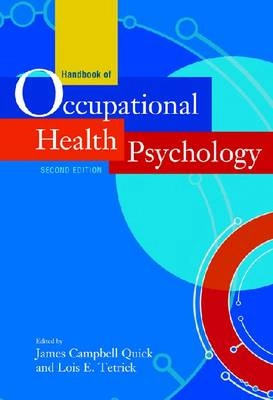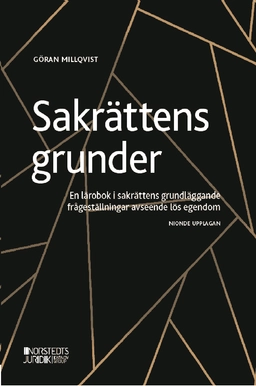This book will be a great resource for researchers, instructors, policymakers, consultants, and activists in the area of occupational health psychology. It is multidisciplinary and integrative in its combination of classical and innovative theory, empirical evidence, and guidelines for organizational policy and change. I plan to use it myself, as a key source in my own research and funding proposals, as well as for a textbook or supplemental reading for advanced graduate symposia.---Suzy Fox, PhD, Institute of Human Resources and Employment Relations, Loyola University, Chicago. IL; coauthor of Counterproductive Work Behavior: Investigations of Actors and Targets
The Handbook of Occupational Health Psychology continues to be the leading resource in the field. This edition introduces many important new content areas, including chapters on leadership, organizational justice, and cross-cultural issues, and also provides useful revisions to the first edition to reflect cutting-edge advancements in theory, research, and practice. For graduate students, researchers, practitioners, and anyone else seeking to learn more about occupational health psychology, this book is the single best resource available.---Robert R. Sinclair, PhD, Past President, Society for Occupational Health Psychology, Associate Professor of Psychology, Clemson University, Clemson, SC
This is an important sourcebook for students, investigators, and practitioners interested in various aspects of occupational health and safety. It compiles a considerable amount of useful information in a single place and does so with an authoritative and comprehensive approach.---Andrew Baum, PhD, Jenkins Garrett Professor of Psychology and Director of the Center for the Study of Stress and Illness, University of Texas, Arlington
This three-volume handbook offers an in-depth examination of the types of behavioral and structural issues that I/O psychologists study every day, from both a theoretical and applied perspective. It explores a natural progression, from how problems are diagnosed to how research is conducted to generate answers to those problems to how interventions are implemented and, finally, to how they are evaluated. It examines what is currently known---including basic historical reviews---and identifies the most pertinent sources of information in both the core and emerging literatures. The editors and contributors pinpoint practical issues, probe unresolved and controversial topics, and look at future theoretical, research, and practice trends.
In today's difficult global economy, work stress is high, and this stress---along with other health factors---can affect work productivity, satisfaction, safety, absenteeism, and turnover, and can even lead to workplace violence. As a result, organizations are increasingly tuming to occupational health psychology (OHP) to develop, maintain, and promote the health of employees.
This second edition of the Handbook of Occupational Health Psychology reviews the history of OHP; theories and models; causes of work problems and risk factors; resulting symptoms and disorders; prevention, intervention, and treatment strategies used by practicing professions; and methods of research and evaluation. The chapters have been updated since the first edition was published, and several new chapters address cross-cultural issues, leadership, pain and musculoskeletal conditions, substance abuse, and organizational justice.
With its comprehensive scope and interdisciplinary approach, this book will interest professionals from a range of specialties, including industrial and organizational psychology, human factors, social psychology, health psychology, clinical psychology, public health, preventive medicine, and industrial engineering.
Åtkomstkoder och digitalt tilläggsmaterial garanteras inte med begagnade böcker





















